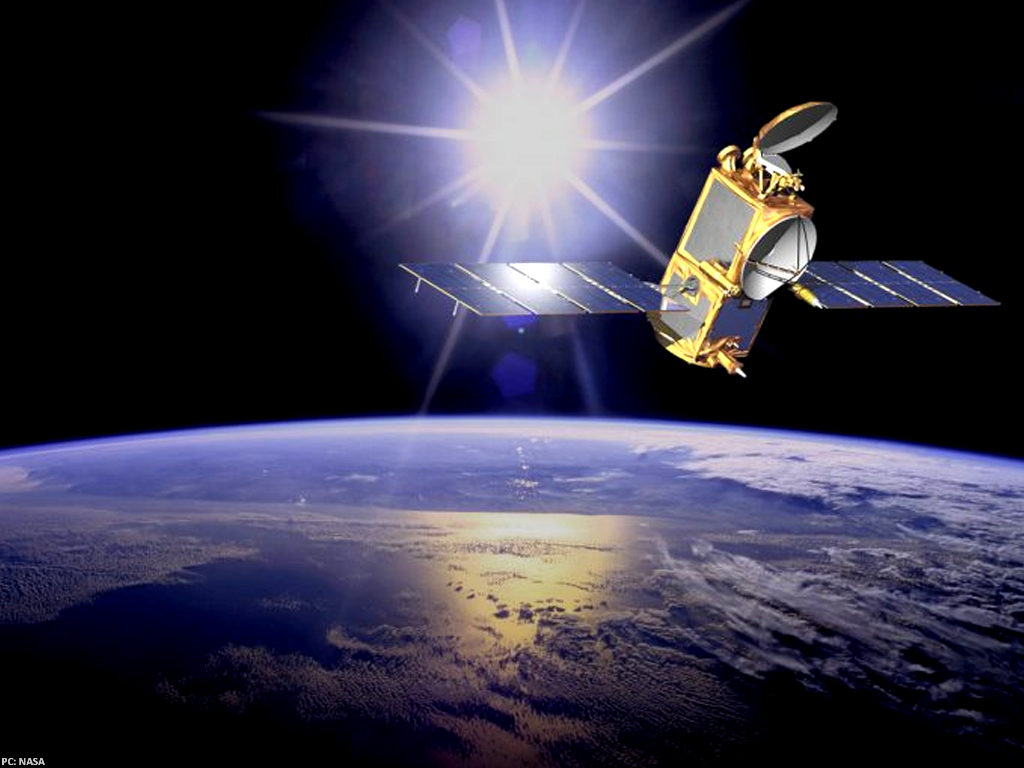Pakistan’s second communication satellite, Paksat MM1, is scheduled for launch this Thursday, marking a significant milestone in the country’s space and communication technology endeavors.
Developed by Pakistani scientists and engineers through relentless dedication, this advanced satellite represents a substantial leap forward in Pakistan’s efforts to improve internet connectivity nationwide.
The Space and Upper Atmosphere Research Commission (Suparco) has spearheaded this ambitious project with the aim of delivering dependable internet services to all corners of the country. The impending launch of Paksat MM1 is poised to translate this vision into reality, providing a vital enhancement to Pakistan’s digital infrastructure.
Paksat MM1 has been crafted to significantly amplify communication capabilities, ensuring extensive internet coverage. This advancement holds particular significance for remote and underserved regions where internet accessibility has been limited or absent. By narrowing this digital gap, Suparco aims to catalyze broader socio-economic progress and digital inclusivity.
On May 11, Pakistan unveiled plans for launching a new satellite into space following the successful deployment of the iCube Qamar satellite.
As per a spokesperson from the Space and Upper Atmosphere Research Commission (Suparco), MM1’s launch was slated for May 30, with Islamabad serving as the launch site.
The primary objective behind the MM1 satellite is to fortify Pakistan’s communication infrastructure. It is anticipated that the satellite will play a pivotal role in establishing an advanced communication network and has the potential to meet the escalating demands of the telecom sector.
With internet usage experiencing exponential growth and the impending introduction of 5G technology, the MM1 satellite offers the prospect of improved availability and reliability of these services nationwide. Its advanced features are anticipated to cater to the rising need for high-speed internet and uninterrupted connectivity.
On May 3, Pakistan initiated its inaugural mission to the moon, marking its entry into the global space research arena. The mission, launched with assistance from China at the Hainan Space Site, involved a satellite weighing approximately 7kg. Developed over a span of two years by the Electrical Engineering Department of the Institute of Space Technology (IST) in Islamabad.
As internet usage continues to grow exponentially and the rollout of 5G technology looms, the MM1 satellite emerges as a beacon of hope, promising enhanced availability and reliability of services nationwide. With its advanced capabilities, the satellite is poised to meet the escalating demand for high-speed internet and seamless connectivity.
Pakistan embarked on its maiden mission to the moon on May 3, marking its entry into the global space research arena. This mission, conducted with assistance from China at the Hainan Space Site, saw the deployment of a satellite weighing approximately 7kg.
Developed over a span of two years by the Electrical Engineering Department of the Institute of Space Technology (IST) in Islamabad, the satellite represents a significant leap forward in Pakistan’s space exploration endeavors.


